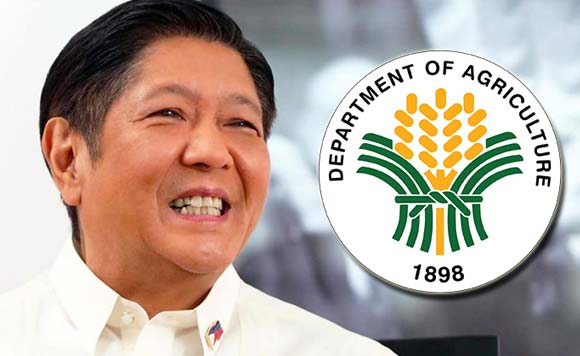“The past year of President Bongbong Marcos Jr in the agriculture department is more than enough to realize that he is incapable of leading the agency and addressing the many problems besetting domestic agriculture. Malacanang’s ludicrous target of 97% to 100% food self-sufficiency and “freedom from hunger” will not happen in the near future as long as rice liberalization and massive importation policies are in place.”
KMP said days before the President’s anniversary in office on June 30, farmers are gauging Marcos Jr’s performance using the demands and doables presented by agricultural stakeholders. Sa pagtitimbang namin, kulang na kulang ang ginawa ng Pangulo sa DA at mas mabuti kung magtalaga na siya ng full-time DA Secretary na makikinig sa hinaing ng mga magsasaka,” according to Danilo Ramos, chaiperson of the Kilusang Magbubukid ng Pilipinas.
Last year, sectors presented a set of urgent fighting demands to the Marcos Jr administration including the revival of local agriculture, making domestic food production a priority by suspending conversion of agricultural lands, providing a P15,000 subsidy for Filipino farmers and fisherfolk, allotting 10% of the national budget for agriculture and ending reliance on importation of agricultural products starting with the repeal of the Rice Tariffication Law.
However, the DA and Marcos Jr did the opposite — rice importation intensified under the rice liberalization law. The country imported a total of 3.8 million MT of rice in 2022 mainly from Vietnam, Myanmar, Thailand, Pakistan, India, China, and Japan.
Consumer watchdog Bantay Bigas said that our rice import dependency increased to 38.07% from 18.5% from 2.7 million metric tons (MMT) in 2021 to 3.8 MMT in 2022 based on the data of the Bureau of Plant Industry — a record-high importation under the rice liberalization policy. Recent projections of the USDA stated that higher rice imports next year will be another blow to local farmers as it would depress farmgate prices of rice.
Overall, from 2019 to 2023, the rice liberalization law resulted in ₱260 billion in losses for rice farmers.
Agricultural smuggling remains a chronic problem in the country with the nonstop entry of contraband agricultural and livestock products. Rampant smuggling has had an immense impact not only on farmers and fisherfolk but on Philippine food security.#



